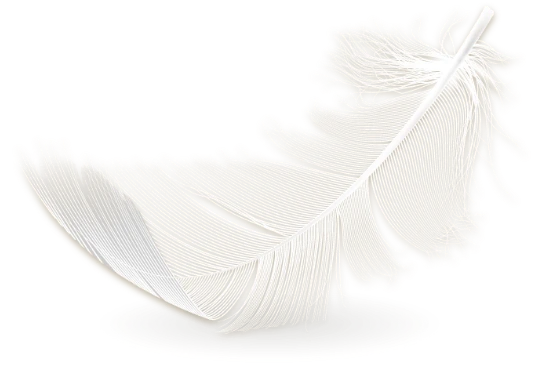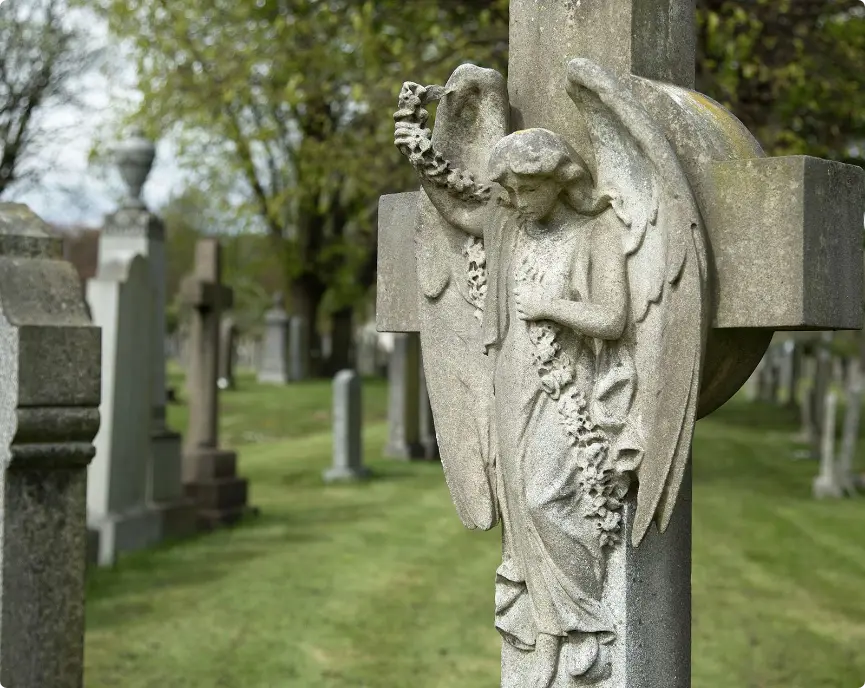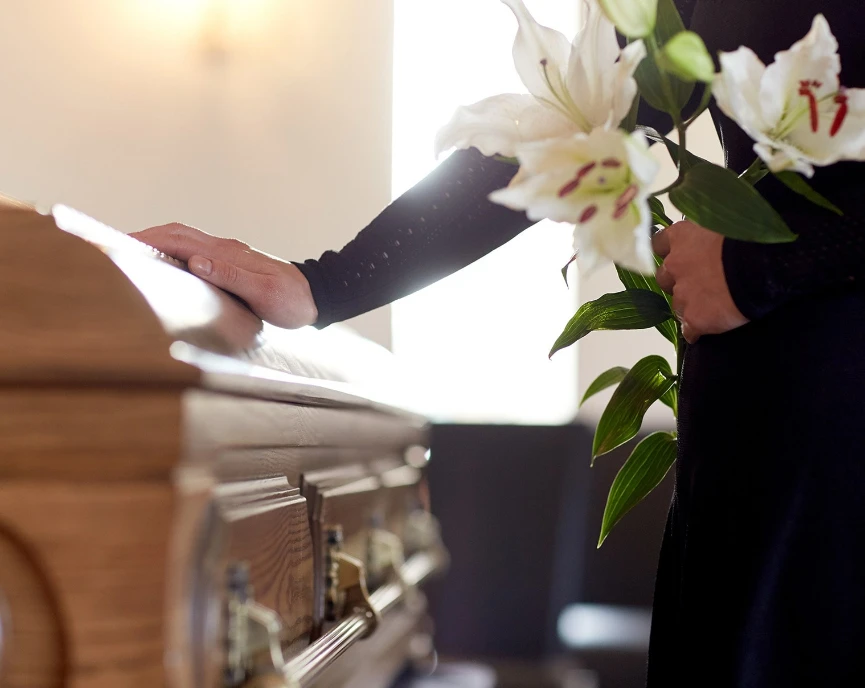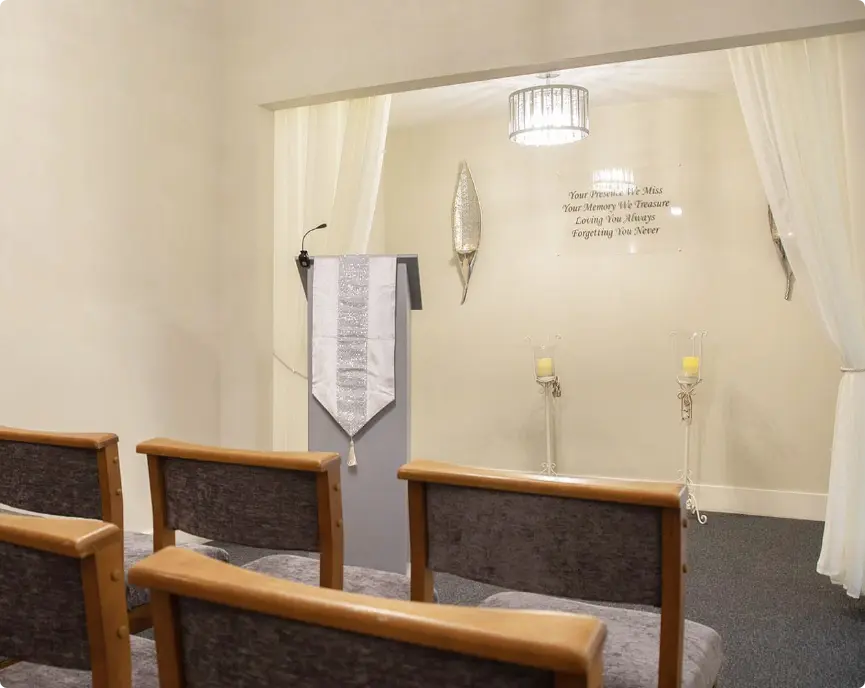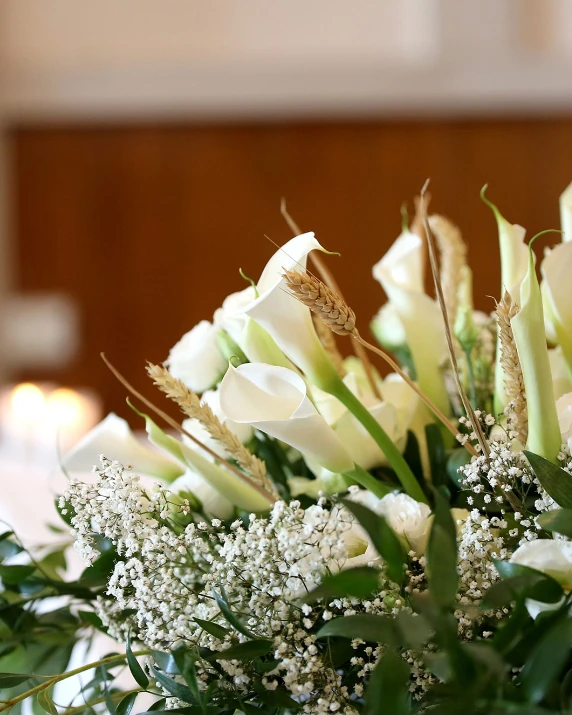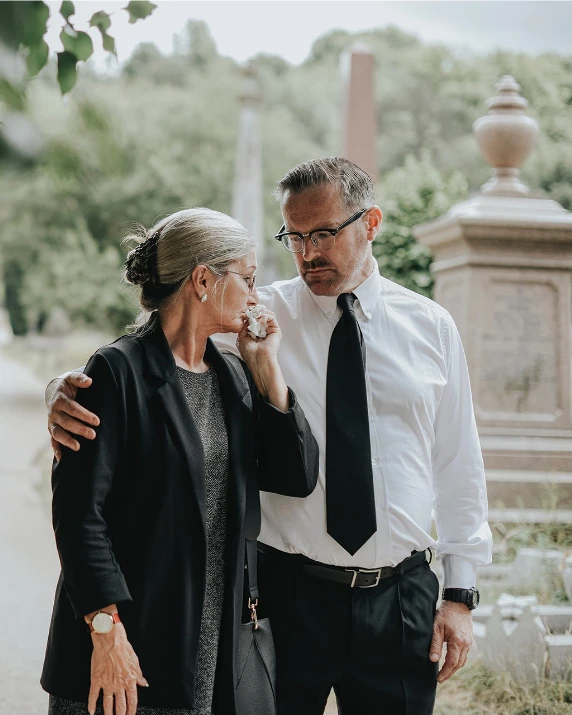

Help & Advice
What happens when a death occurs?

This section is intended to guide you through some of the things you need to do at this difficult time.
Informing the family doctor
Firstly, obtain a Medical Certificate of Cause of Death, signed by a doctor. If a Procurator Fiscal is involved – they should follow the instructions from the Procurator Fiscal Officers’ regarding registration of the death.
Registering the Death
Deaths in Scotland must be registered with The Registrar of Births, Deaths, and Marriages within eight days; it is desirable to register the death as soon as possible. In Edinburgh, you can register a death at the following offices (appointment only): NHS Registration.
The Registrar will help with all certificates when a death is registered. Where appropriate, as well as your other certificates, take the deceased’s National Health Service Medical Card or Number, National Insurance Number, and Birth and Marriage Certificates. Do not worry if any of these documents are unavailable. The Registrar can still proceed to register the death.
The Registrar may also require:
- The full names and addresses of the deceased, occupation, and date of birth.
- The name and occupation of the widow or widower or, if married more than once, the names and occupations of former wives and husbands.
- The date of birth of the surviving spouse.
- The deceased’s father’s full name and occupation, the mother’s full name, maiden surname, and occupation.
- The name and address of the deceased’s doctor.
- The address of the person giving the above information.
When you register the death, the Registrar will provide you with:
- A Form 14-Certificate of Registration of Death that should be handed to the Funeral Director (it takes charge of the arrangements).
- An abbreviated death certificate. A fee is payable if you require a full death certificate for legal purposes.
- A green certificate that is useful for any transactions with the Department of Work and Pensions.
Registrar Contact Details
Contact
We will help you at every stage of the process
Call, email, or visit one of our funeral homes at any stage. We’re here to talk you through any decision that concerns you.Contact Form
